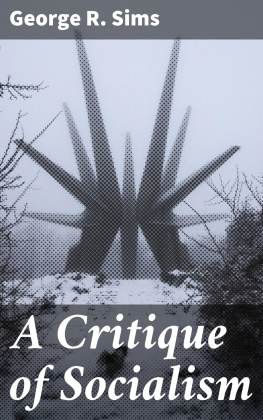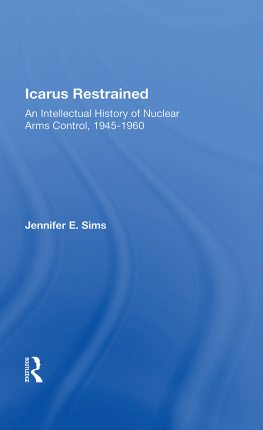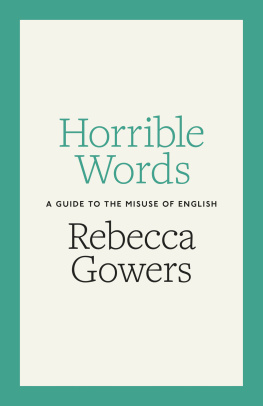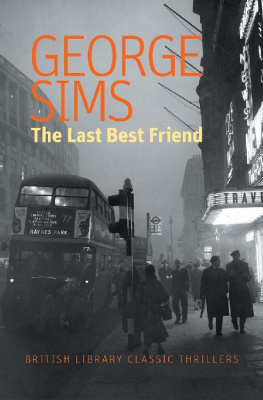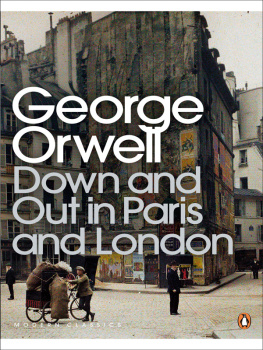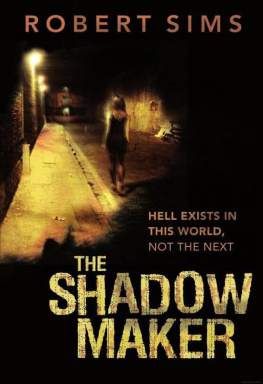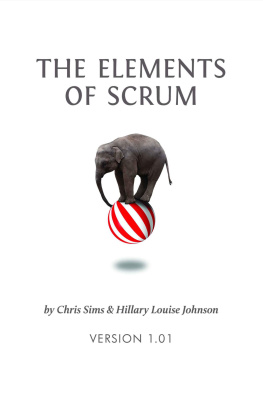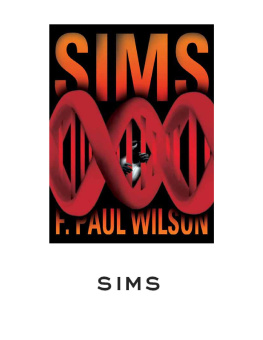PREFACE.
T he papers which form this volume appeared originally in The Pictorial World and The Daily News. The interest now evinced in the great question of Housing the Poor leads me to hope that they will be of assistance to many who are studying the subject, and would desire to have their information in a convenient form for reference. Much that I ventured to prognosticate when 'How the Poor Live' was written has happened since, and I have the permission of the author of 'The Bitter Cry of Outcast London' to say that from these articles he derived the greatest assistance while compiling his famous pamphlet. I have thought it well, all circumstances considered, to let the work stand in its original form, and have in no way added to it or altered it.
If an occasional lightness of treatment seems to the reader out of harmony with so grave a subject, I pray that he will remember the work was undertaken to enlist the sympathies of a class not generally given to the study of 'low life.'
GEORGE R. SIMS
CHAPTER I.
I commence, with the first of these chapters, a book of travel. An author and an artist have gone hand-in-hand into many a far-off region of the earth, and the result has been a volume eagerly studied by the stay-at-home public, anxious to know something of the world in which they live. In these pages I propose to record the result of a journey into a region which lies at our own doorsinto a dark continent that is within easy walking distance of the General Post Office. This continent will, I hope, be found as interesting as any of those newly-explored lands which engage the attention of the Royal Geographical Societythe wild races who inhabit it will, I trust, gain public sympathy as easily as those savage tribes for whose benefit the Missionary Societies never cease to appeal for funds.
I have no shipwrecks, no battles, no moving adventures by flood and field, to record. Such perils as I and my fellow-traveller have encountered on our journey are not of the order which lend themselves to stirring narrative. It is unpleasant to be mistaken, in underground cellars where the vilest outcasts hide from the light of day, for detectives in search of their preyit is dangerous to breathe for some hours at a stretch an atmosphere charged with infection and poisoned with indescribable effluviait is hazardous to be hemmed in down a blind alley by a crowd of roughs who have had hereditarily transmitted to them the maxim of John Leech, that half-bricks were specially designed for the benefit of 'strangers;' but these are not adventures of the heroic order, and they will not be dwelt upon lovingly after the manner of travellers who go farther afield.
My task is perhaps too serious a one even for the light tone of these remarks. No man who has seen 'How the Poor Live' can return from the journey with aught but an aching heart. No man who recognises how serious is the social problem which lies before us can approach its consideration in any but the gravest mood. Let me, then, briefly place before the reader the serious purpose of these pages, and then I will ask him to set out with me on the journey and judge for himself whether there is no remedy for much that he will see. He will have to encounter misery that some good people think it best to leave undiscovered. He will be brought face to face with that dark side of life which the wearers of rose-coloured spectacles turn away from on principle. The worship of the beautiful is an excellent thing, but he who digs down deep in the mire to find the soul of goodness in things evil is a better man and a better Christian than he who shudders at the ugly and the unclean, and kicks it from his path, that it may not come between the wind and his nobility.
But let not the reader be alarmed, and imagine that I am about to take advantage of his good-nature in order to plunge him neck-high into a mud bath. He may be pained before we part company, but he shall not be disgusted. He may occasionally feel a choking in his throat, but he shall smile now and again. Among the poor there is humour as well as pathos, there is food for laughter as well as for tears, and the rays of God's sunshine lose their way now and again, and bring light and gladness into the vilest of the London slums.
His Royal Highness the Prince of Wales, in his speech at the opening of the Royal College of Music some years ago, said: 'The time has come when class can no longer stand aloof from class, and that man does his duty best who works most earnestly in bridging over the gulf between different classes which it is the tendency of increased wealth and increased civilization to widen.' It is to increased wealth and to increased civilization that we owe the wide gulf which to-day separates well-to-do citizens from the masses. It is the increased wealth of this mighty city which has driven the poor back inch by inch, until we find them to-day herding together, packed like herrings in a barrel, neglected and despised, and left to endure wrongs and hardships which, if they were related of a far-off savage tribe, would cause Exeter Hall to shudder till its bricks fell down. It is the increased civilization of this marvellous age which has made life a victory only for the strong, the gifted, and the specially blest, and left the weak, the poor, and the ignorant to work out in their proper persons the theory of the survival of the fittest to its bitter end.
There are not wanting signs that the 'one-roomed helot' and his brood are about to receive a little scientific attention. They have become natural curiosities, and to this fact they may owe the honour in store for them, of dividing public attention with the Zenanas, the Aborigines, and the South Sea Islanders. The long-promised era of domestic legislation is said to be at hand, and prophets with powerful telescopes declare they can see the first faint signs of its dawn upon the political horizon. When that era has come within the range of the naked eye, it is probable that the Homes of the Poor will be one of its burning questions, and the strong arm of the law may be extended protectingly, even at the risk of showing the shortness of its sleeve, as far as the humble toilers who at the present moment suffer only its penalties and enjoy none of its advantages.
That there are remedies for the great evil which lies like a cankerworm in the heart of this fair city is certain. What those remedies are you will be better able to judge when you have seen the condition of the disease for which Dr. State is to be called in. Dr. State, alas! is as slow to put in an appearance as his parish confrre when the patient in need of his services is poor and friendless.
Forgive me this little discourse by the way. It has at any rate filled up the time as we walk along to the outskirts of the land through which we are to travel for a few weeks together. And now, turning out of the busy street alive with the roar of commerce, and where the great marts and warehouses tower stories high, and where Dives adds daily to his wealth, we turn up a narrow court, and find ourselves at once in the slum where Lazarus lays his headeven as he did in the sacred storyat the very gates of the mighty millionaire.



